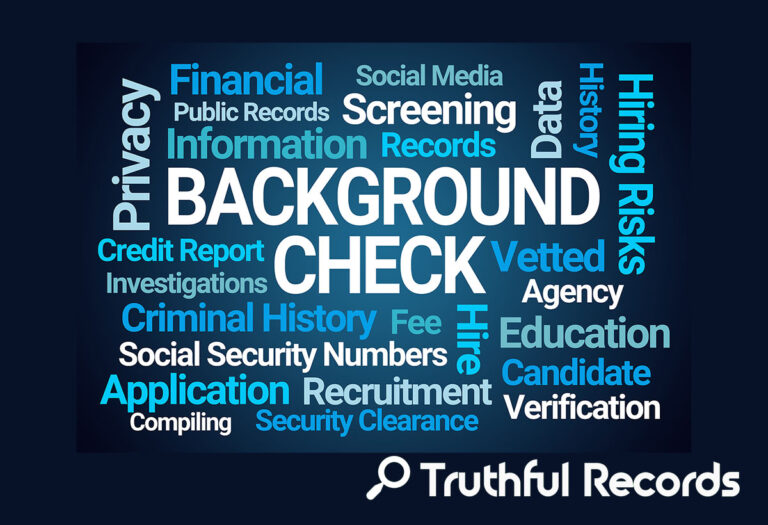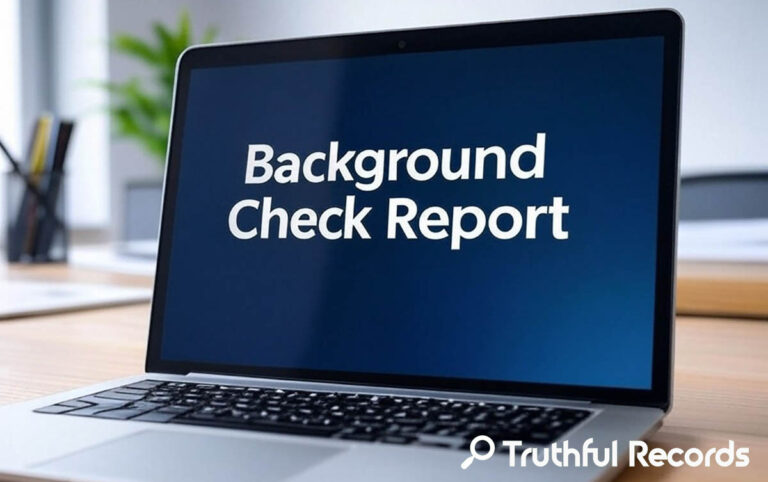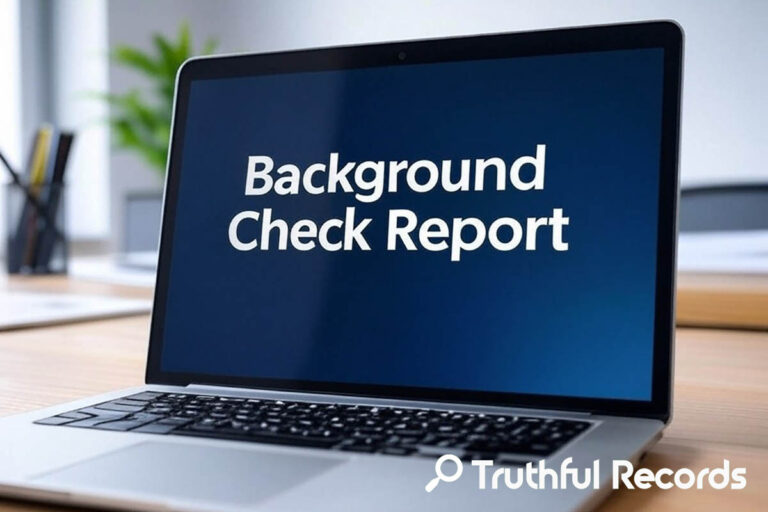Background Check Privacy Laws: Complete Guide
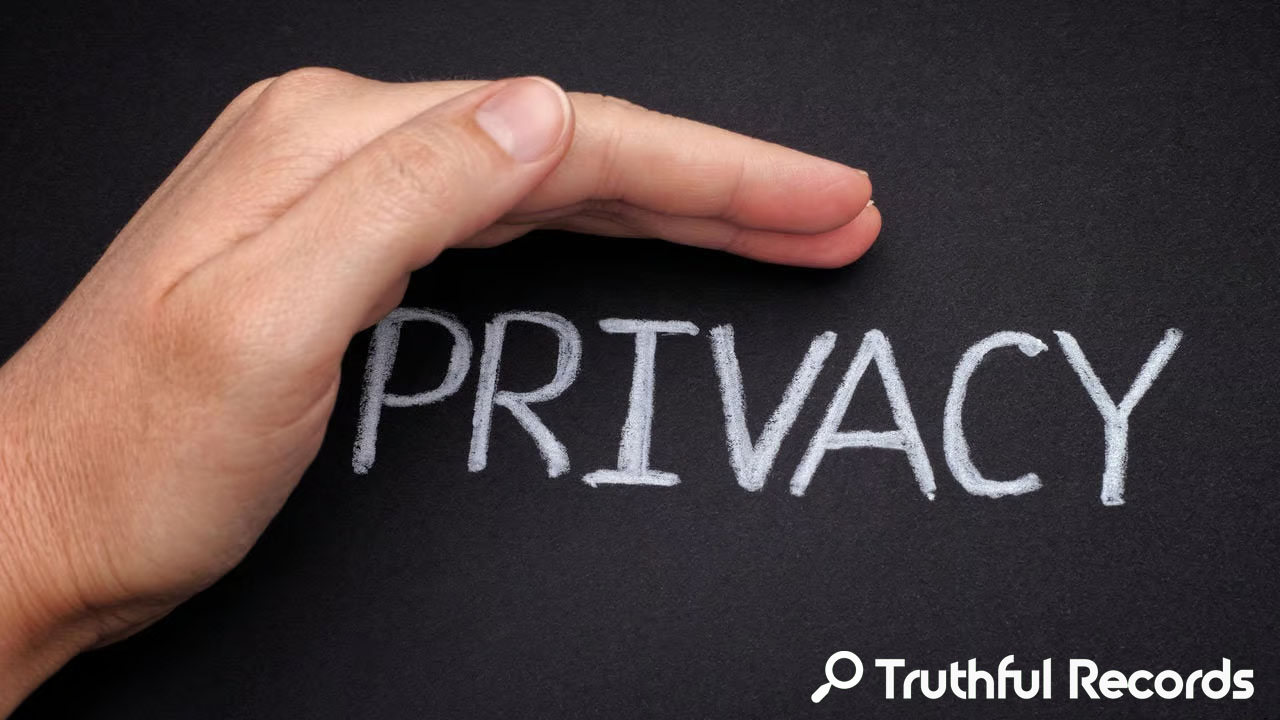
Did you know the Federal Trade Commission slapped privacy law violators with a whopping $12.8 million in fines just in 2024? Privacy laws are there to protect your personal info during background checks, but here’s the kicker: 68% of Americans have no clue what their rights actually are. Let’s break down the key regulations that keep your data safe. And if you want to dive deeper into personal background checks, check out this guide!
Federal Privacy Laws and Regulations
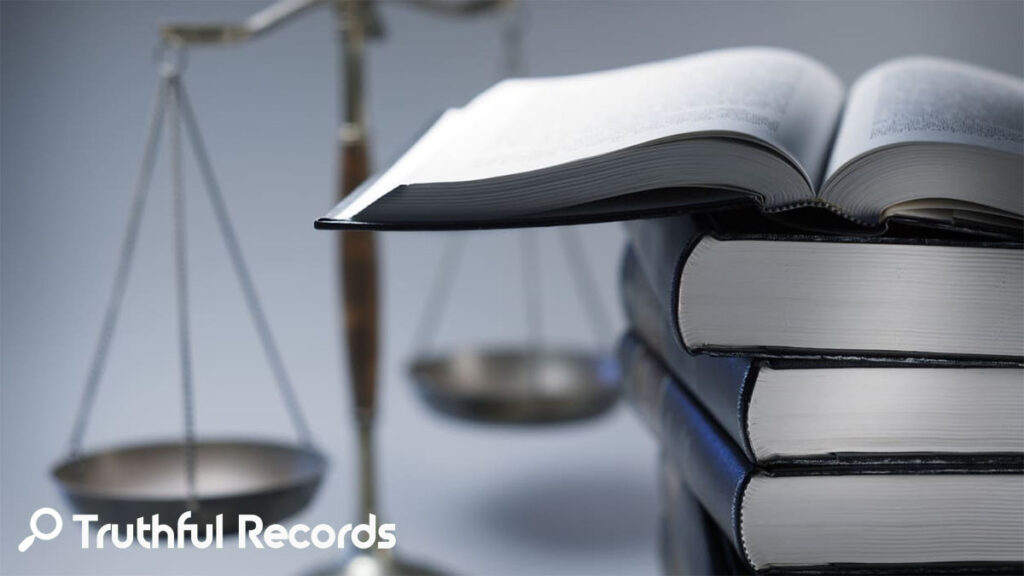
Alright, let’s dive into the world of federal privacy laws and regulations! These rules are designed to keep your personal info safe, especially when it comes to things like background checks. But trust me, they can be confusing. So let’s break them down.
Fair Credit Reporting Act (FCRA)
First up, the Fair Credit Reporting Act (FCRA). It’s one of the big players in privacy protection. Here’s what you need to know.
- Core requirements: The FCRA makes sure that background checks and credit reports are accurate, fair, and kept private. If you’re getting a background check, you have the right to know who’s pulling your data and why.
- Consumer rights: You’ve got rights! If you find an error on your credit report or background check, you can challenge it. You also have the right to request a copy of your report and dispute any inaccuracies.
- Enforcement mechanisms: The Federal Trade Commission (FTC) and the Consumer Financial Protection Bureau (CFPB) are the ones ensuring companies follow the rules. If they mess up, they can face hefty fines. You can also sue them if your rights are violated!
Privacy Act Provisions
Next, let’s talk about the Privacy Act, which focuses on how federal agencies handle your personal info.
- Federal agency requirements: Agencies that deal with your data have to follow strict rules. They need to be transparent about what info they collect and how they use it.
- Information sharing restrictions: The government can’t just share your personal details willy-nilly. They have to follow specific guidelines on sharing your data with others, especially private companies.
- Access rights: You’ve got the right to access the info the government has on you. If you think they’ve got something wrong, you can ask them to correct it. You can even ask for a full report of what they’ve been collecting!
Equal Employment Opportunity Laws
Now, let’s get into Equal Employment Opportunity (EEO) laws. These laws prevent discrimination, especially when it comes to hiring.
- Protected categories: EEO laws make sure that employers don’t discriminate against you based on race, color, religion, sex, disability, or national origin.
- Discrimination prevention: Employers can’t use your background check as an excuse to discriminate. They need to be careful and fair in their hiring practices. If they do discriminate, they’re breaking the law.
- Compliance requirements: Companies need to comply with these laws and give you a fair chance, even if they find something questionable in your background. If you think they’re not, you can file a complaint with the Equal Employment Opportunity Commission (EEOC).
State-Specific Privacy Laws

When it comes to privacy laws, it’s not just the feds who are involved—states have their own rules too! So, depending on where you live, the laws might vary. Let’s break it down and look at how states handle privacy and background checks.
State Background Check Laws
Every state has its own take on how background checks should be handled. Here’s what you need to know.
- Varying requirements: While federal laws set a basic standard, each state has additional requirements that can differ a lot. Some states may require additional checks or have stricter rules about what’s allowed in a background check.
- Jurisdictional differences: Whether or not a state can access certain information also depends on the jurisdiction. For example, a state may not allow certain records to be used in background checks or might limit how far back certain information can go.
- Local regulations: On top of state laws, local municipalities may have their own rules about background checks, so it’s essential to know what applies to your specific area!
Data Protection Requirements
States are serious about protecting your personal data, and they’ve put their own rules in place to make sure your information stays safe.
- Storage regulations: States often have specific guidelines on how your data should be stored. This includes making sure it’s encrypted and protected from unauthorized access.
- Retention periods: How long your personal data can be kept varies by state. Some states have rules that limit how long background check results can be held by an employer or company.
- Disposal requirements: When it’s time to get rid of your data, states have rules for how it should be disposed of. This includes ensuring that sensitive information is completely destroyed and can’t be accessed once it’s no longer needed.
Consumer Rights by State
In addition to the general rights you have under federal laws, states also offer their own protections to make sure your privacy is respected.
- Access provisions: Many states give consumers the right to access the background check information held by employers or third-party companies. Some even allow you to get a copy for free, while others might charge a small fee.
- Dispute procedures: If there’s an error on your background check, states often have their own procedures for disputing the information. You’ll usually have a right to challenge inaccuracies, and some states require the company to fix them within a certain time frame.
- Privacy protections: States have different levels of privacy protection when it comes to background checks. Some states are super strict about protecting your information, and others are a bit more relaxed, so make sure you’re up to date on your state’s specific protections.
Employer Compliance Requirements
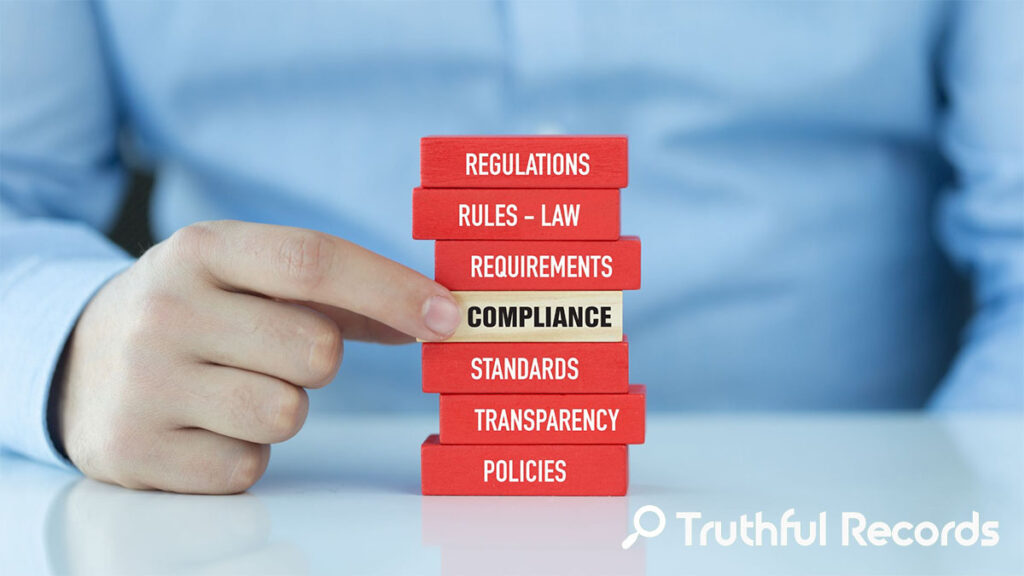
Employers play a huge role in making sure that background checks are done the right way. If they mess up, they could be in hot water, so it’s essential that they follow the rules. Here’s what employers need to know to stay compliant.
Written Authorization
When it comes to background checks, the first thing an employer needs is your consent. But what does that look like?
- Consent requirements: Employers are legally required to get your written consent before they can pull your background check. You can’t just get a surprise report!
- Disclosure forms: On top of getting your consent, employers have to give you clear written disclosure about the background check. You need to know what they’re checking and why.
- Record keeping: Employers must keep records of this consent and disclosure. If they don’t have proper documentation, they might be in violation of privacy laws.
Information Usage Restrictions
Employers have to be careful with how they use the information from background checks. They can’t just do whatever they want with your personal data!
- Permissible purposes: Employers can only use background check information for specific purposes related to your job application or employment. For example, they can’t use it for any reason other than deciding if you’re a good fit for the role.
- Prohibited uses: They can’t use background check info to discriminate or invade your privacy. This means no using your personal info for anything unrelated to the job or for making decisions based on race, gender, or other protected categories.
- Storage limitations: Employers can’t hold onto your background check info forever. There are rules about how long they can store it, and they must safely destroy it when it’s no longer needed.
Adverse Action Procedures
If an employer decides to take an adverse action (like not hiring you) based on your background check, they have to follow certain procedures.
- Notice requirements: Employers must notify you if they’re considering adverse action based on information in your background check. They can’t just leave you hanging!
- Appeal rights: If you disagree with the decision, you have the right to challenge it. Employers must give you the chance to explain or dispute any negative information before they make a final decision.
- Documentation needs: Employers must keep records of any notices they send, as well as any steps taken during the appeal process. These documents protect both you and the employer in case of future disputes.
International Privacy Considerations

Privacy laws aren’t just a thing in the U.S.—they apply internationally too! If you’re dealing with background checks that span different countries, there are some important things to consider. Let’s explore what’s involved in international privacy.
Cross-Border Checks
When background checks cross borders, there’s a whole new set of rules to keep things secure.
- International regulations: Different countries have their own rules when it comes to background checks, so it’s important to understand what’s allowed where. For example, what’s legal in the U.S. might not be allowed in the EU or elsewhere.
- Data transfer rules: If your background check data needs to be transferred from one country to another, there are specific rules about how that information can be shared. This helps protect your privacy and ensure data isn’t misused.
- Country-specific laws: Each country has its own laws regarding what kind of information can be accessed and how it can be used. Make sure you know the rules for both your home country and the country where the background check is being conducted.
Global Privacy Standards
With so many countries working to protect privacy, there are global standards you should be aware of.
- GDPR compliance: In the European Union, the General Data Protection Regulation (GDPR) is a big deal! It’s one of the strictest data protection laws in the world and covers everything from how companies handle your personal data to your rights to access and correct that data. If you’re doing business or living in the EU, this is something you need to know!
- International frameworks: Countries like Canada, Australia, and Japan also have their own data protection laws that align with global standards. Understanding how these frameworks work can help protect your personal info when dealing with international background checks.
- Data protection requirements: Regardless of where you are, global standards emphasize the need for strong protections around how your data is collected, stored, and shared. Companies are required to ensure that your data is safe no matter where it’s being processed.
Multi-Jurisdictional Issues
When privacy laws cross jurisdictions, it can get a little complicated. Here’s what you need to know.
- Coordination requirements: If a background check involves multiple countries or regions, the involved parties need to coordinate and ensure they’re following the privacy rules for each area. This can involve legal complexities, especially if the rules in one country differ significantly from another.
- Compliance challenges: Staying compliant with privacy laws across borders can be tricky! Employers and companies need to make sure they’re adhering to the correct regulations in each jurisdiction, which often means keeping track of different rules and guidelines for each country.
- Resolution procedures: If a privacy issue arises across borders, there are legal procedures in place to resolve the problem. This might involve working with international regulators or legal teams to ensure your rights are protected and any violations are dealt with.
Digital Privacy Protection
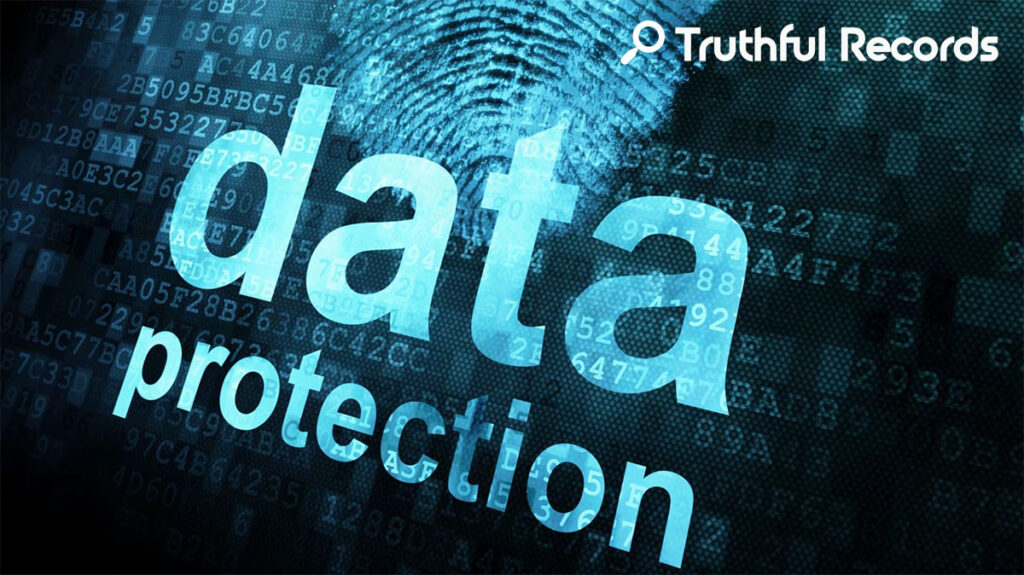
In today’s digital world, protecting your personal data online is more important than ever, especially when it comes to background checks. Here’s a look at how digital privacy protection works to keep your info safe.
Online Data Security
When it comes to background checks and your personal data, online security is a must.
- Encryption requirements: To protect your personal information during background checks, encryption is key. This means your data is scrambled into a code that can’t be easily accessed by unauthorized people.
- Storage standards: Your data has to be stored securely. This involves using secure servers and complying with best practices to ensure your personal info isn’t vulnerable to breaches.
- Access controls: Only authorized individuals should have access to your data. Companies need to implement strong access controls, like multi-factor authentication, to make sure that only the right people are viewing your information.
Electronic Consent
When background checks happen online, getting your consent in a digital format is becoming more common. But how does that work?
- Digital authorization: Instead of using paper forms, many companies now get your consent for a background check digitally. This is a legally valid process, but it has to follow certain rules to be secure.
- Verification methods: To make sure it’s really you giving consent, companies use verification methods like email confirmations, text messages, or even biometric data.
- Record retention: Your digital consent forms need to be saved for a certain amount of time. Employers must store these records securely and ensure they’re available for future reference, in case any questions or issues arise.
Data Breach Protection
No one wants to think about data breaches, but when you’re dealing with background checks, it’s something that companies need to be ready for.
- Prevention measures: The first step in data breach protection is prevention. Companies must implement strong cybersecurity measures to keep hackers at bay. This includes using firewalls, intrusion detection systems, and encryption.
- Notification requirements: If a data breach does occur, companies must notify you quickly. Depending on the law, they may have a specific window of time to inform you about the breach, especially if your personal data was compromised.
- Response procedures: Companies need to have a solid response plan in place to address data breaches. This involves investigating the breach, fixing the issue, and offering protection to anyone affected (like credit monitoring services if your data was stolen).
Conclusion
Getting the scoop on background check privacy laws is super important for keeping your personal info safe. Stay in the know about your rights, make sure companies are following the rules, and speak up if something goes wrong. It’s a good idea to do regular privacy checks and stay on top of any legal changes so your info stays locked down!

